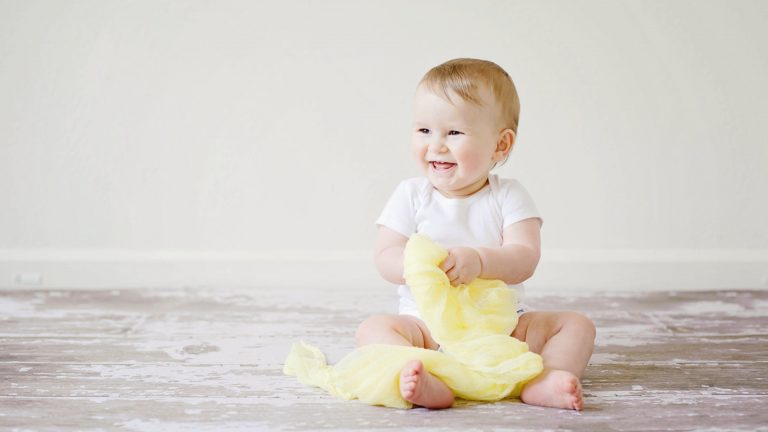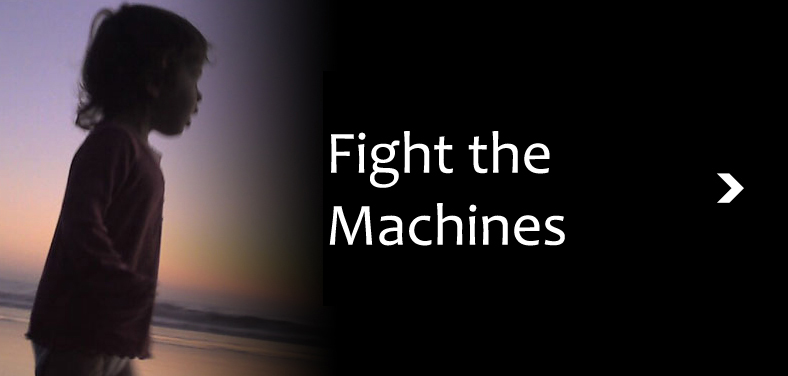In improv, there is much effort to keep the scene going, and keep it in the moment, so that the happy accidents of discovery can happen. Those moments of linkage or connection can be magical, profound and free – just like the mind of a child. So, how do you “Keep the conversation going” in improv comedy? To paraphrase Tiny Fey, who lays them out in her book Bossy Pants – excerpted without permission here, the simple rules are:
- Agree. Always say “Yes.” Respect what your partner has created, or stated – legitimize what they said. Join them where they are – it is real to them, and the only place they can be.
- Say “Yes, And ….” Contribute something yourself. Help the thing lift off.
- Make Statements. Don’t ask questions, say something. Add something – let your curiosity and your ideas add to what your partner stated. If stuck, you can always observe yourself.
- And finally, The Main Rule: There are no mistakes, only opportunities. Great discoveries and fun stops along the way will appear, if you can keep going, in the moment – happy accidents just keep happening.
So, when your child says something far-fetched, resist the urge to correct – when you say “Let me tell you what really happens, remember when I explained photosynthesis?” you are really saying “No, your idea about leaves flying back up to stick on the trees in the spring is wrong.” Why kill that idea? Why not see where it will go? You get to go along for the ride, while that young mind stretches and works out – it’s pretty cool.
Let’s go back to the dementia patient again: What do you say when they say “Bring my coat, my grand mother is taking me to Paris, by steamship.” You can feel what the person is really saying, and say “Yes.” You can keep the conversation going, by saying “Yes, And …” So you could say, “Yes, it sounds like you love your grandmother. And they say Paris is beautiful.” Conversations with dementia patients can be beautiful, free-wheeling and revelatory, and Just Plain Weird, all at the same time.
In this piece from This American Life, adult caregivers realize that the key to working with someone who thinks so differently from how you do is to “Step into their world!”
The same goes for conversations with your young scientists, who are just getting starting to get ideas for how the world works, as well as getting ideas for how to get, modify, and shape … Ideas! Sometimes their statements puzzle, annoy amuse or entertain – but always they are worthy of a respectful response.
Here are some ways to apply “The Improv Rules” to your conversations with the children you care for, especially when you are stuck and/or don’t want to just say “No.”:
- Say “Yes” by reflecting back what they just said “You said ‘stars are flashlights held by birds.’”
- Say “Yes, And ….” and Make Statements by adding some more thinking:
- “I wonder …” (one of the best things an adult can say!)
- “What do your friends say?” (a great way to foster collaborative thinking, the “co-cognition” that is good in so many ways among toddlers)
- Make an “I” statement, without judging criticizing or praising. “I love seeing the stars.”
- Add a relevant observation that is not inconsistent with their theory: “I don’t see any stars right next to the moon.”
This is getting a little esoteric, but it comes down to this:
The next time your kid says something kindof crazy, Say “Yes!” It’s good for her, and fun for you … just keep that conversation going … who knows where it may take you!




Add comment